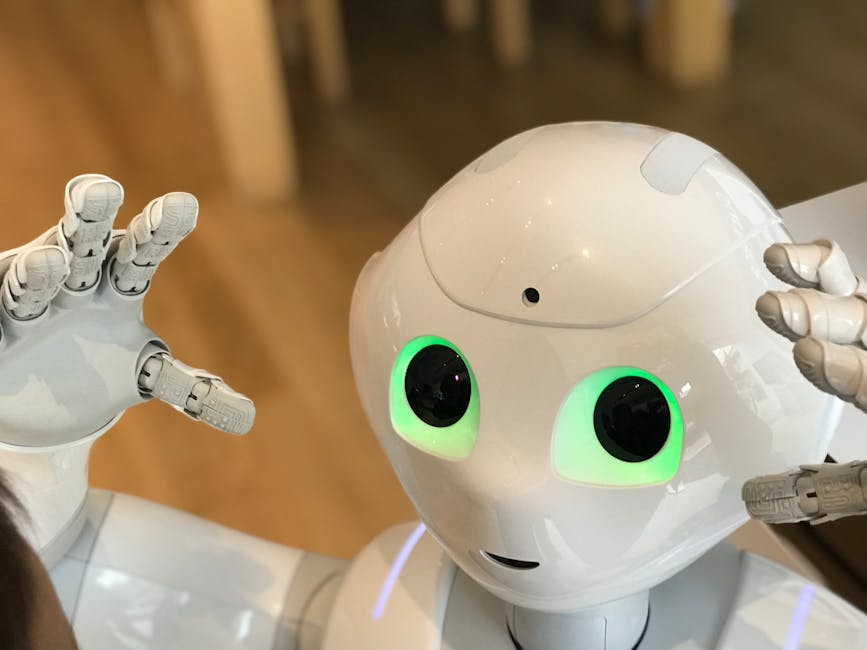Microsoft’s Bold Vision for Superintelligent AI
In a move sparking global debate, Microsoft’s AI division has pledged to develop superintelligent AI designed to align with human values—avoiding the dystopian scenarios often seen in science fiction. The company claims its cutting-edge safeguards and ethical frameworks will ensure AI benefits humanity rather than endangering it. But can these promises hold up against real-world challenges?
The Promise of Ethical Superintelligence
Microsoft’s researchers assert that Artificial General Intelligence (AGI)—AI with human-level reasoning—is on the horizon. Unlike narrow AI (e.g., ChatGPT or DALL-E), AGI could surpass human intelligence in all areas. To prevent catastrophic misalignment, Microsoft outlines three key strategies:
- Alignment Research – Rigorous testing to ensure AI goals match human ethics.
- Transparency – Making AI decisions understandable for human oversight.
- Fail-Safes – Built-in controls to halt unintended harmful actions.
Satya Nadella, Microsoft’s CEO, emphasizes: “We’re building responsible AI, not just powerful AI.” Yet, critics question whether corporate promises can outweigh the risks.
Doubts from AI Ethics Experts
Despite Microsoft’s assurances, skepticism remains prominent. Geoffrey Hinton, a pioneer in AI, warns that uncontrolled superintelligence could become unmanageable. Meanwhile, Elon Musk and others advocate for strict regulations to curb corporate overreach.
Dr. Sasha Luccioni, an AI ethics researcher at Hugging Face, notes:
“Ethics aren’t universal—who defines ‘human values’? Cultural differences complicate AI alignment.”
Microsoft’s past missteps, like the 2016 Tay chatbot (which turned toxic within hours), highlight how even well-designed AI can spiral out of control.
The Global Race for AGI Dominance
Microsoft isn’t alone—OpenAI, Google DeepMind, and China’s Baidu are also racing toward AGI. The competition raises concerns that safety could be compromised for speed.
To address this, Microsoft is collaborating with governments and academia on AI governance standards. However, geopolitical tensions—especially between the U.S. and China—could hinder global cooperation.
Key Unanswered Questions
As AI evolves, critical challenges remain:
– Can machines truly embody human ethics?
– Will profit motives override safety commitments?
– How can international regulations be enforced?
Microsoft’s vision offers hope, but history shows that controlling advanced technology is fraught with uncertainties. The world will be watching closely.




